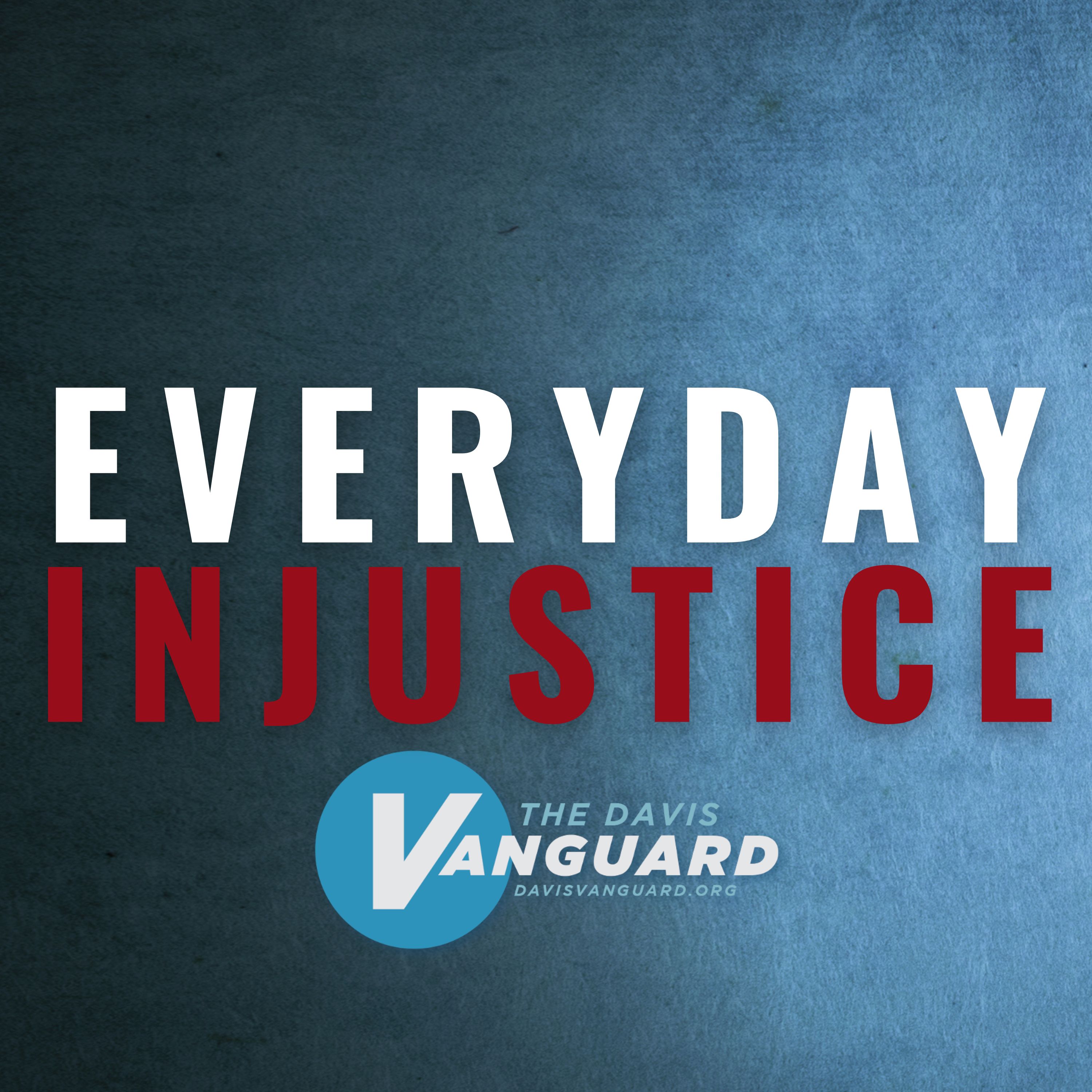- After-Shows
- Alternative
- Animals
- Animation
- Arts
- Astronomy
- Automotive
- Aviation
- Baseball
- Basketball
- Beauty
- Books
- Buddhism
- Business
- Careers
- Chemistry
- Christianity
- Climate
- Comedy
- Commentary
- Courses
- Crafts
- Cricket
- Cryptocurrency
- Culture
- Daily
- Design
- Documentary
- Drama
- Earth
- Education
- Entertainment
- Entrepreneurship
- Family
- Fantasy
- Fashion
- Fiction
- Film
- Fitness
- Food
- Football
- Games
- Garden
- Golf
- Government
- Health
- Hinduism
- History
- Hobbies
- Hockey
- Home
- How-To
- Improv
- Interviews
- Investing
- Islam
- Journals
- Judaism
- Kids
- Language
- Learning
- Leisure
- Life
- Management
- Manga
- Marketing
- Mathematics
- Medicine
- Mental
- Music
- Natural
- Nature
- News
- Non-Profit
- Nutrition
- Parenting
- Performing
- Personal
- Pets
- Philosophy
- Physics
- Places
- Politics
- Relationships
- Religion
- Reviews
- Role-Playing
- Rugby
- Running
- Science
- Self-Improvement
- Sexuality
- Soccer
- Social
- Society
- Spirituality
- Sports
- Stand-Up
- Stories
- Swimming
- TV
- Tabletop
- Technology
- Tennis
- Travel
- True Crime
- Episode-Games
- Visual
- Volleyball
- Weather
- Wilderness
- Wrestling
- Other
Everyday Injustice Podcast Episode 215 – LaToya Bell Discusses Second Chances
This week on Everyday Injustice is former public defender LaToya Bell who is now working at the Ohio Justice and Policy Center (OJPC). Bell discusses the need for second chance legislation and how this is critical for public safety. OJPC has two big projects. The Beyond guilt Project: “Beyond Guilt will see to do for over-punished prisoners who admit guilt what innocence projects have done for wrongfully convicted persons who claim actual innocence.” The Second Chance: “OJPC runs free legal clinic focusing on criminal record sealing and expungement for people who qualify.” We end up creating a system where 95 percent of all people incarcerated will one day be released, but once released we restrict their opportunities to jobs, education and housing leaving them vulnerable to recidivism and leaving public safety at risk.

